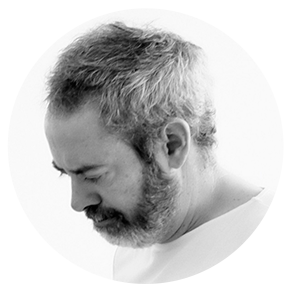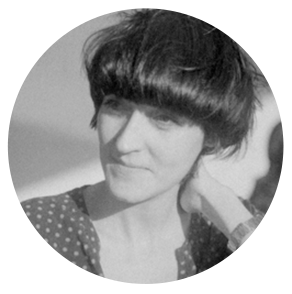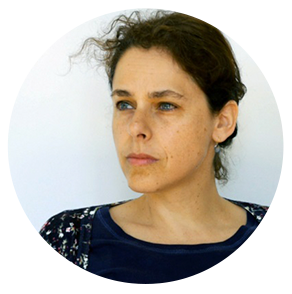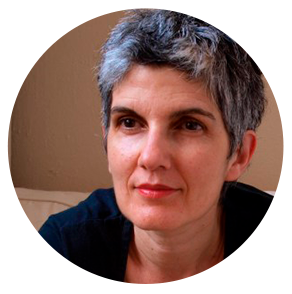Award
Jean Loup Passek
D. Quijote
Running for
BEST PORTUGUESE DOCUMENTARY
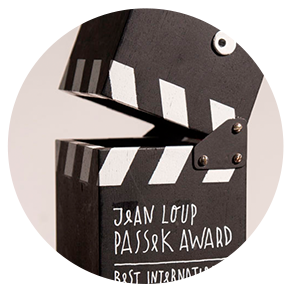
SACAVÉM
Júlio Alves | Portugal, 2019, 65'
Running for the Jean-Loup Passek Award forBEST PORTUGUESE DOCUMENTARY
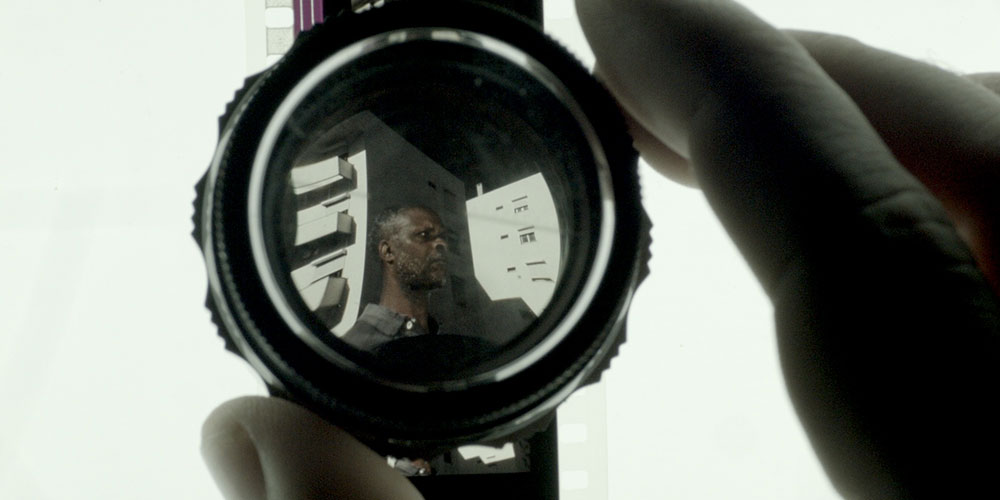
"Sacavém" is a journey through Pedro Costa’s films and focused on his work on "Casa de Lava, "Ossos", "In Vandas Room", "Colossal Youth" and "Horse Money". Built on the visual and sound landscape of Pedro Costa’s films and accompanied by his owns reflections on the matter, "Sacavém" serves the audience has a window on how Costas cinema is sensed and conceived.
- Director: Júlio Alves
- Photography: Miguel Saraiva
- Sound: João Alves, Hugo Leitão
- Editing: Hugo Santiago
- Production: Júlio Alves / Midnight Express
GUERRA WAR
José Oliveira, Marta Ramos | Portugal, 2020, 105'
Running for the Jean-Loup Passek Award forBEST PORTUGUESE DOCUMENTARY
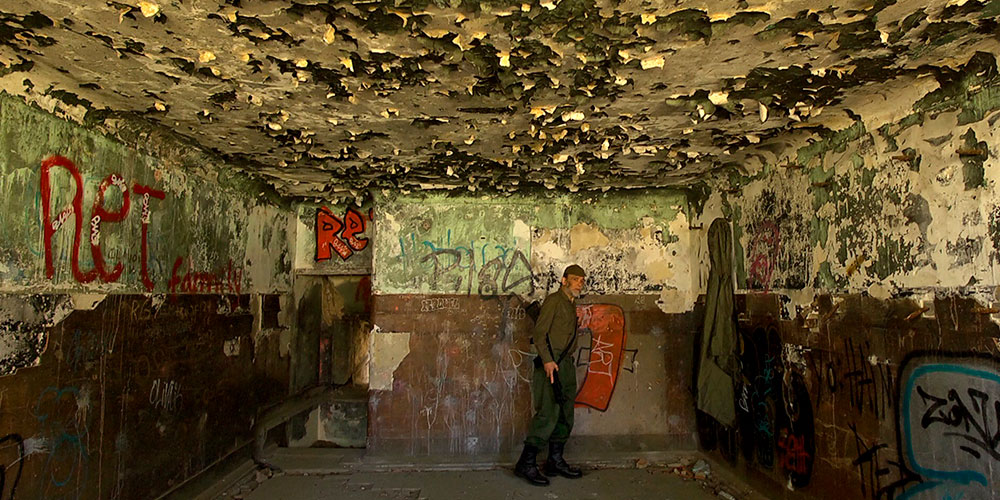
Based on the recollection of a current Portuguese language teacher, we will follow Manuel, his father, a former combatant in our colonial war and constantly tormented by these memories. We will go with him to the depths of the physical spaces that obsess him - from the training barracks to the lakes and gardens of his youth and falling in love - as well as the abyss of his memory - war and passion together, inextricable, in a battle that asks or screams as immemorial existential doubts.
- Photography: José António Loureiro, Manuel Pinto Barros, Pedro Bessa
- Sound: Felipe Zenícola, Bernardo Theriaga
- Editing: José Oliveira, Marta Ramos
- Production: Abel Ribeiro Chaves - OPTEC - FILMES, José Oliveira, Marta Ramos
PRAZER, CAMARADAS!
José Filipe Costa | Portugal, 2019, 105'
Running for the Jean-Loup Passek Award forBEST PORTUGUESE DOCUMENTARY
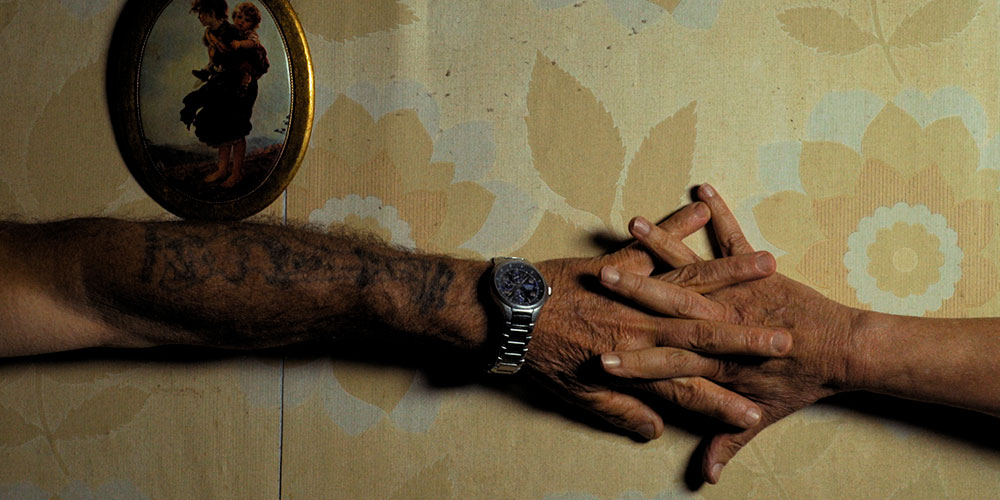
1975, the year after the Carnation Revolution. Eduarda, João and Mick come from Northern Europe to work in the co-ops in the occupied farms of Portugal. They come to help with the land and the livestock, give medical appointments and family planning classes, show sexual education films and participate in traditional dances. They ask a lot of things, but the “comrades from the South” have more questions than answers: Do you want to know who we are? How we treat our women and children? How we live together and how we love? Come! We will find each other peculiar, and we will surely disagree on many things, but it’s all part of this revolutionary celebration!
- Photography: Hugo Azevedo
- Sound: Rúben Costa
- Editing: João Braz
- Production: Filipa Reis, João Miller Guerra
AMOR FATI
Cláudia Varejão | Portugal, 2020, 102'
Running for the Jean-Loup Passek Award forBEST PORTUGUESE DOCUMENTARY
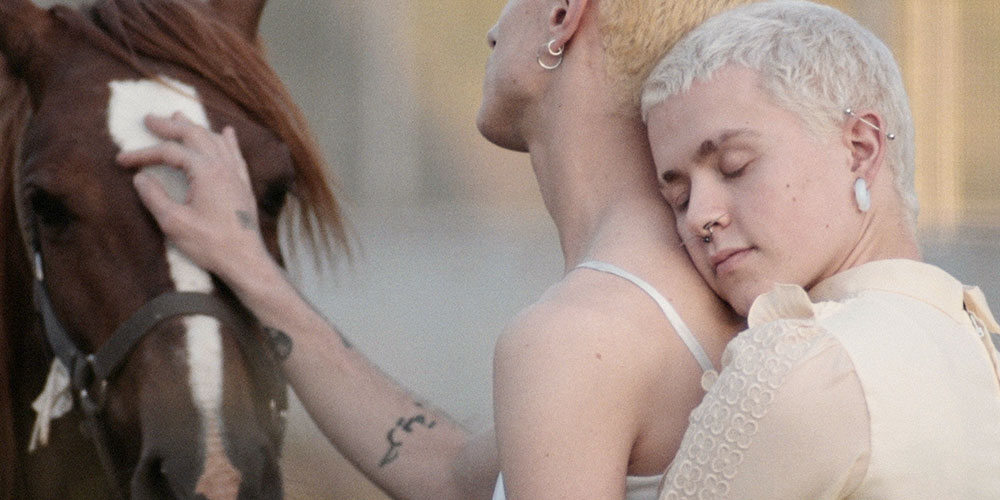
Amor Fati seeks out parts that complete each other. These are portraits of couples, friends, families and pets and their owners. They share the intimacy of daily life, habits, beliefs, tastes and even some physical traits. From their faces, from the choreography of their gestures, we unveil the story that binds them. Drawn from everyday life, right before our eyes the film portrays a chorus of affection and the collective memory of a country, evoking Aristophanes’ speech in Plato’s Symposium: Do you desire to be wholly one; always day and night to be in one another’s company? For if this is what you desire, I am ready to melt you into one and let you grow together, so that being two you shall become one.
- Photography: Cláudia Varejão
- Sound: Cláudia Varejão, Takashi Sugimoto, Adriana Bolito
- Editing: João Braz, Cláudia Varejão
- Production: Terratreme Filmes
ANA E MAURIZIO
Catarina Mourão | Portugal, 2020, 64'
Running for the Jean-Loup Passek Award forBEST PORTUGUESE DOCUMENTARY
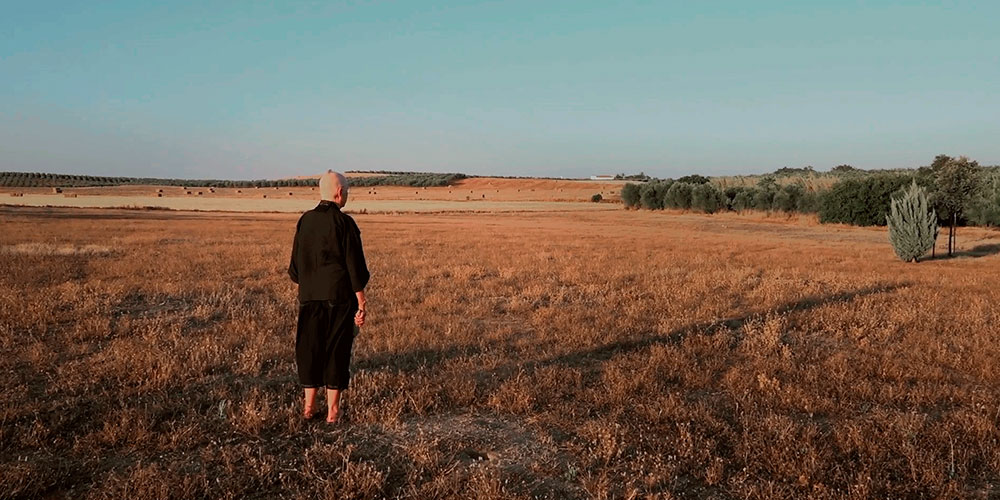
The painter Ana Marchand always felt a bit dislocated in her family. The love of art and travel, where did she get those from? As a young woman she saw a travel book written by her uncle Maurizio Piscicelli and finally understood. Catarina Mourão (Pelas Sombras, A Toca do Lobo, O Mar Enrola na Areia) follows Ana’s familiar and spiritual journey. Who was Maurizio? Who is Ana? The face of one, the face of the other. Reincarnation are the several lives we live.
- Photography: Catarina Mourão, Tiago Figueiredo
- Sound: Armanda Carvalho, Catarina Mourão
- Editing: Pedro Mateus Duarte
- Production: Laranja Azul / Catarina Mourão
OS MEUS AVÓS EM VIAGEM MY GRANDPARENTS TRAVELLING
Rui Esperança | Portugal, 2021, 14'
Running for the Jean-Loup Passek Award forBEST PORTUGUESE DOCUMENTARY
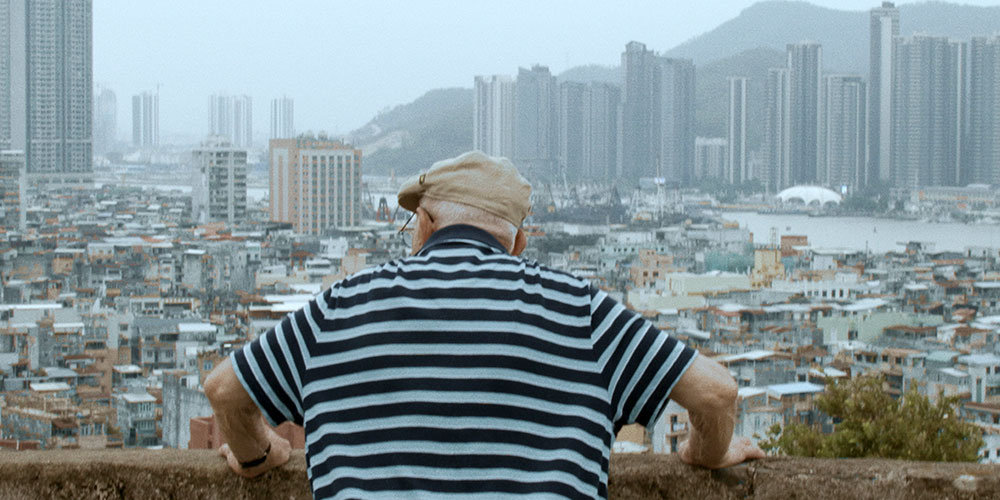
On March 19 1956, my grandfather wrote to my grandmother on his way to Macao, where he lived for two years during the colonial period. 60 years later, my grandmother, a craftswoman from Viana do Castelo, Portugal, is invited to participate in an international fair dedicated to Portuguese speaking countries in Macao. With her for company, my grandfather makes an old and secret dream come true: to return to where he was most happy. I join them, intrigued by this reunion between my grandfather and that feeling as he searches for a semblance of the world he once knew while confronting a landscape that has changed drastically, and unforgivingly.
- Photography: Rui Esperança
- Sound: Rui Esperança, Daniel Deira
- Editing: Rui Esperança
- Production: Rui Esperança, Rui Ramos, FORA DE CAMPO FILMES
BUSTARENGA
Ana Maria Gomes | France / Portugal, 2019, 30'
Running for the Jean-Loup Passek Award forBEST PORTUGUESE DOCUMENTARY
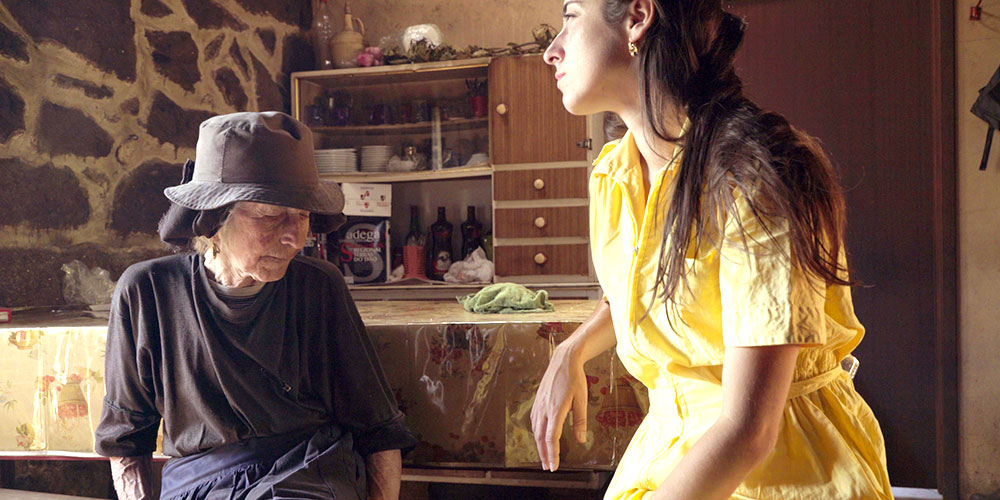
Every summer Ana goes to Bustarenga, a small mountain village in the interior of Portugal. At the age of 36, this Parisian woman of Portuguese origin is still single. The inhabitants of the village, worried about her future, make her understand that the clock is ticking. Ana listens to the advice and warnings of the villagers to find a Prince Charming according to the principles of the village.
- Photography: Ana Maria Gomes
- Sound: Diana Meireles
- Editing: Suzana Pedro
- Production: Miguel Dias, Curtas Metragens C.R.L. // Emmanuel Chaumet, ECCE FILMS
ENTRE LEIRAS THE LIFE WE KNOW
Cláudia Ribeiro | Portugal, 2020, 82'
Running for the Jean-Loup Passek Award forBEST PORTUGUESE DOCUMENTARY
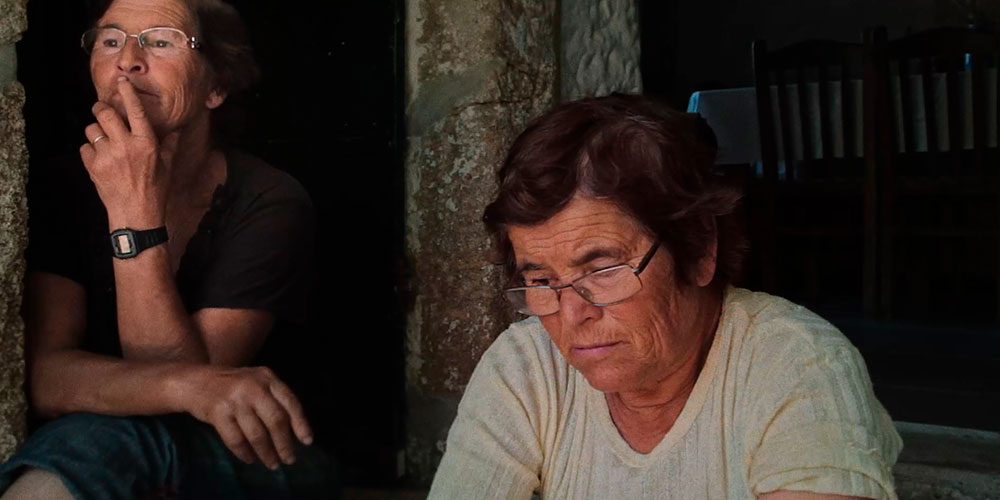
In a hamlet of Portugal’s remote inland, between the rivers Douro and Tâmega, there live about thirty people. At the top of a hill, we find sisters Ana and Glória living in an isolated place which the baker, the fishmonger, the grocer, and their children visit once a week. Everything else comes from the soil, which the two sisters work from sunrise to sunset, amidst the strips of farmed land. We follow the agricultural cycle over the course of a year as the relationship between the director and the protagonists ripens. The veil is lifted on these women’s day-to-day lives and their deepest thoughts about life in the countryside, the only life they know.
- Photography: Cláudia Ribeiro
- Sound: Cláudia Ribeiro
- Editing: Cláudia Ribeiro, João Miller Guerra, Raul Domingues
- Production: Cláudia Ribeiro, Filipa Reis, João Miller Guerra
VISÕES DO IMPÉRIO VISIONS OF EMPIRE
Joana Pontes | Portugal, 2021, 93'
Running for the Jean-Loup Passek Award forBEST PORTUGUESE DOCUMENTARY
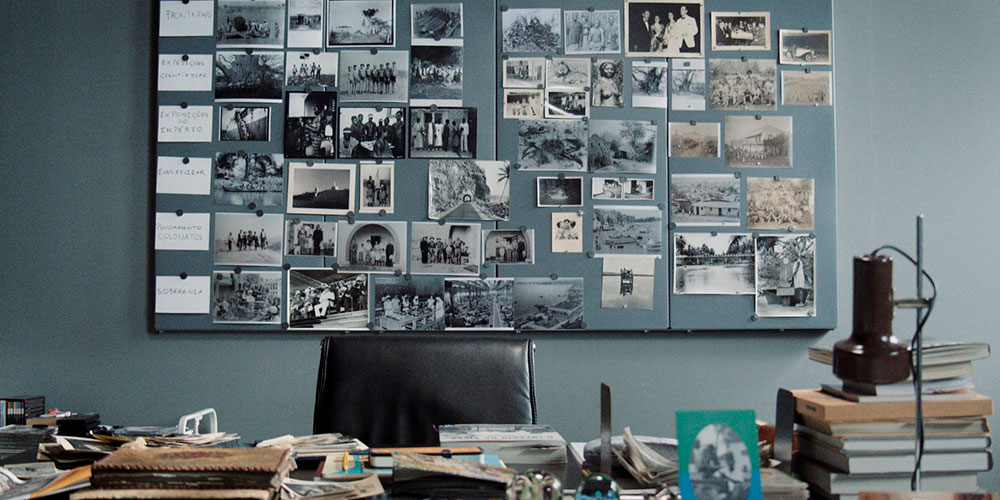
Visions of Empire is a collective journey to the colonial past through a selection of photographs from the Portuguese Empire, taken between the end of the 19th century and the Carnation Revolution in 1974, which put an end to both the political regime that governed Portugal and the colonial status of several African territories which only became independent in 1975, after a protracted war.
- Photography: Rui Xavier
- Sound: Armanda Carvalho
- Editing: Rui Branquinho, Joana Pontes
- Production: Filipa Reis, Patrícia Faria
